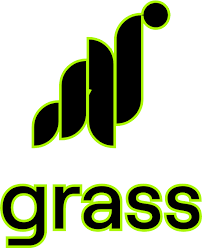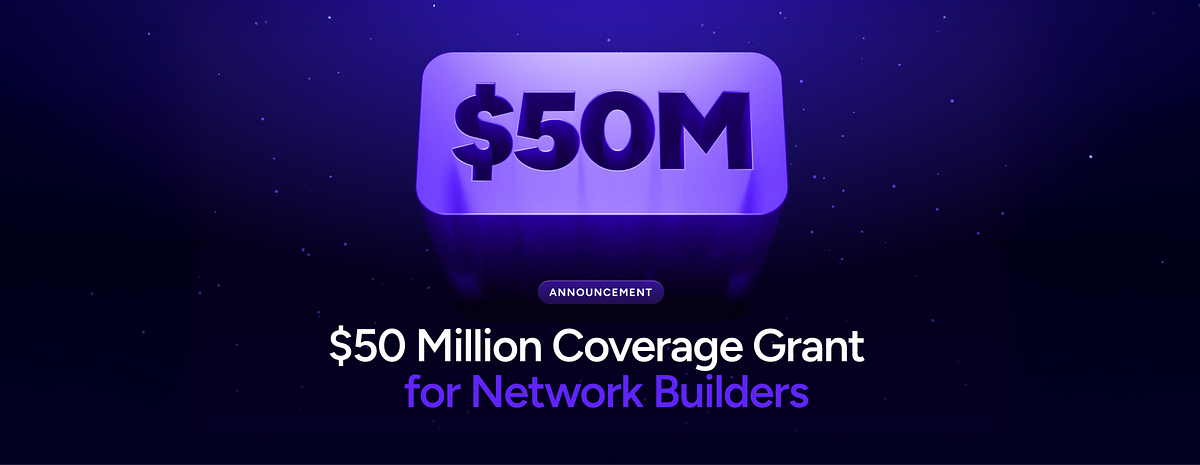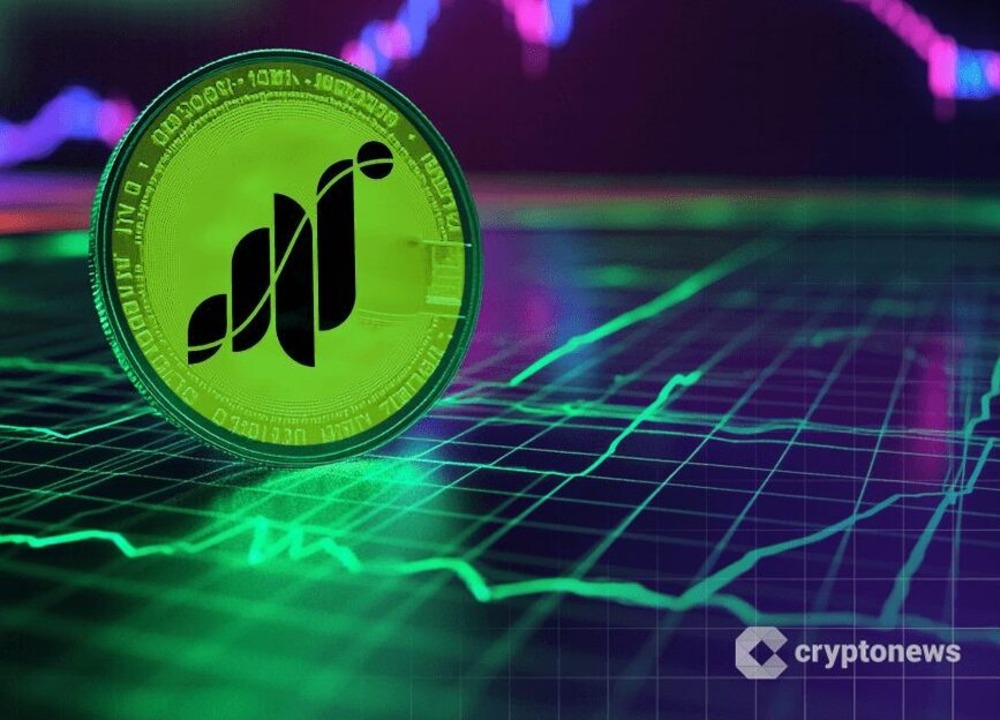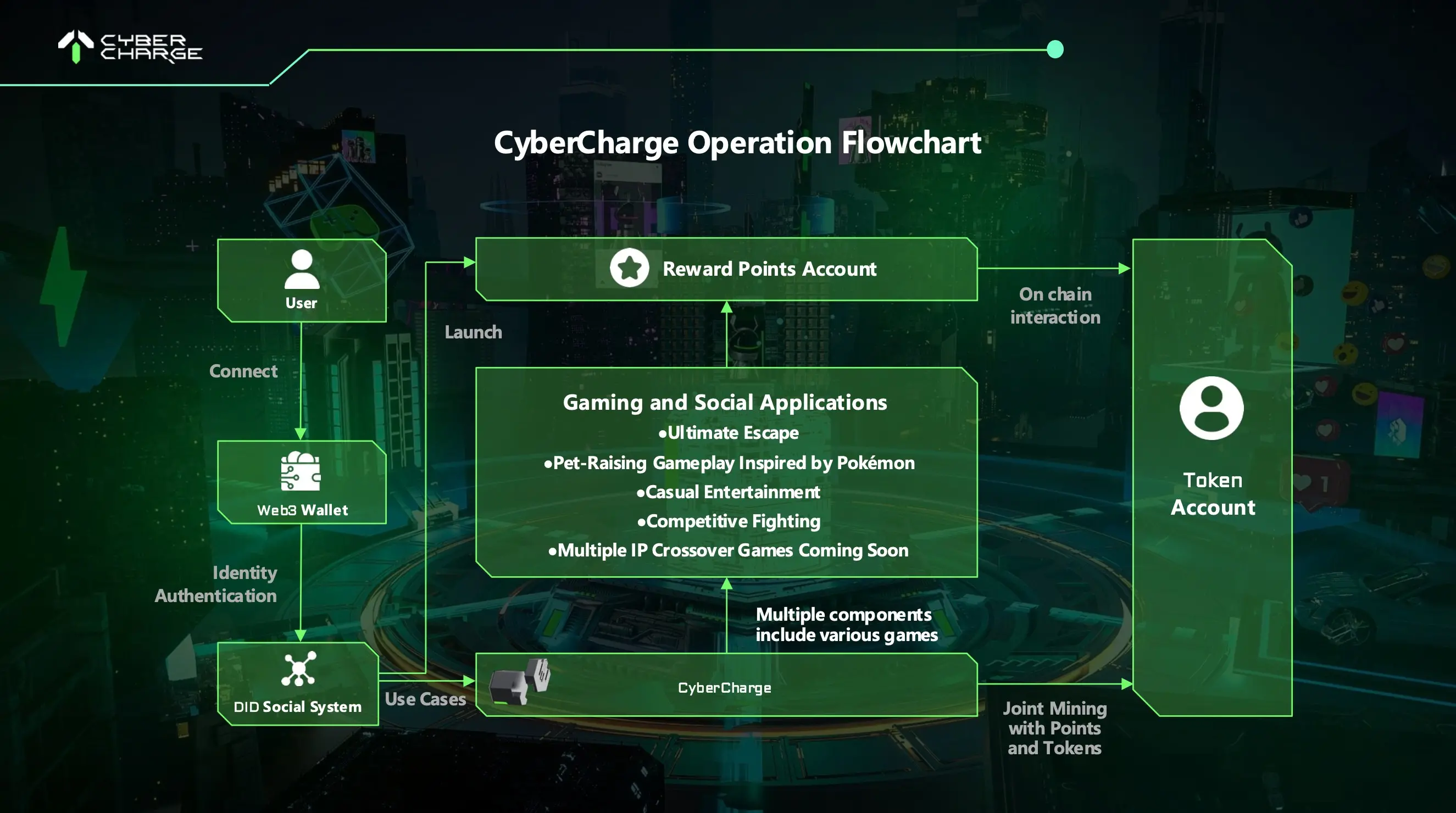C4E Partners with AstraAI to Drive Innovation in Decentralized Energy and E-Mobility
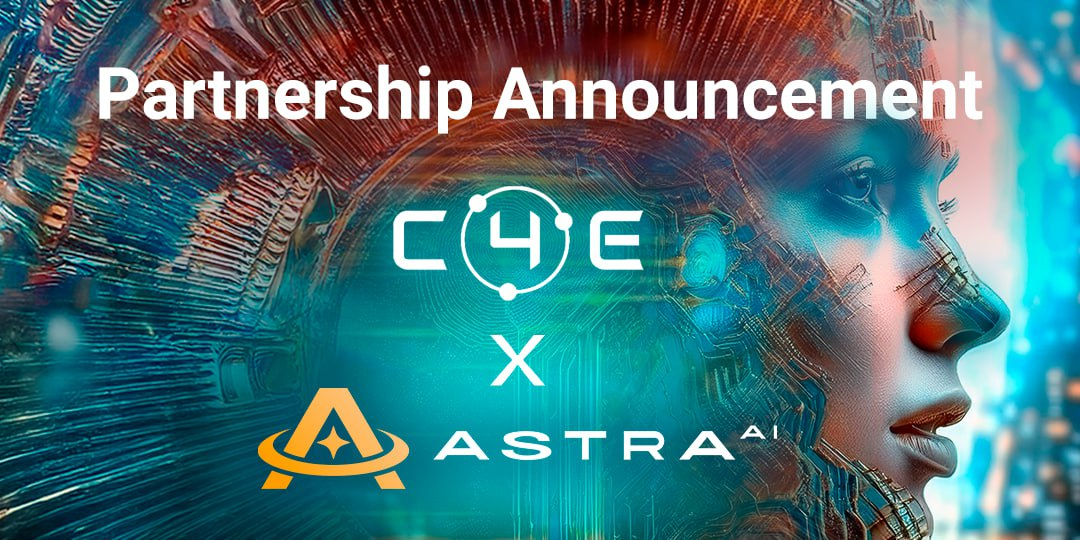
C4E is excited to announce a new partnership with AstraAI, a technological and financial ecosystem powered by AI and backed by AstraLabs Inc. This collaboration aims to drive innovation and growth in the decentralized energy and e-mobility sectors. By integrating AI tools and solutions suitable for both Web2 and Web3 ecosystems, C4E and AstraAI are committed to creating smarter energy management systems that foster community participation and enhance overall sustainability.
The partnership will leverage C4E’s DePIN L1 Blockchain technology alongside AstraAI’s advanced AI capabilities. A key component of this collaboration is the integration of the Spyder Bot, an AI-driven tool designed to enhance community engagement by providing real-time updates and facilitating meaningful interactions. Additionally, C4E will be featured in the AstraAI Partner Hub with the launch of AstraAI App 2.0, which will increase visibility and trust among supporters. This partnership also opens avenues for targeted advertising, reaching over 1 million users in the Web3 space, thus amplifying C4E’s mission and community outreach.
Together, C4E and AstraAI share a vision for a sustainable future in the decentralized energy sector. By merging AI-driven incentives with blockchain technology, they are laying the groundwork for a community-centric approach that promotes passive income opportunities and decentralized contributions. This collaboration not only aims to enhance community ties and influencer relationships but also seeks to push the boundaries of innovation in energy management and e-mobility. C4E looks forward to the exciting possibilities this partnership will bring as they continue to lead in these transformative sectors.
Related News
